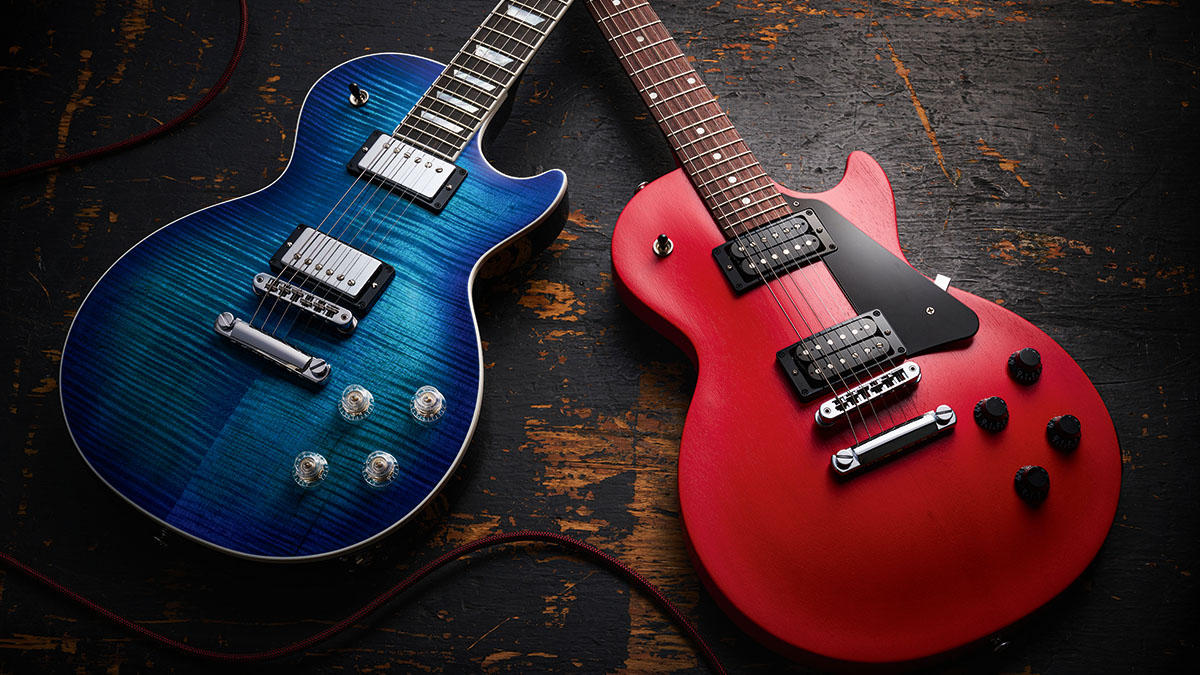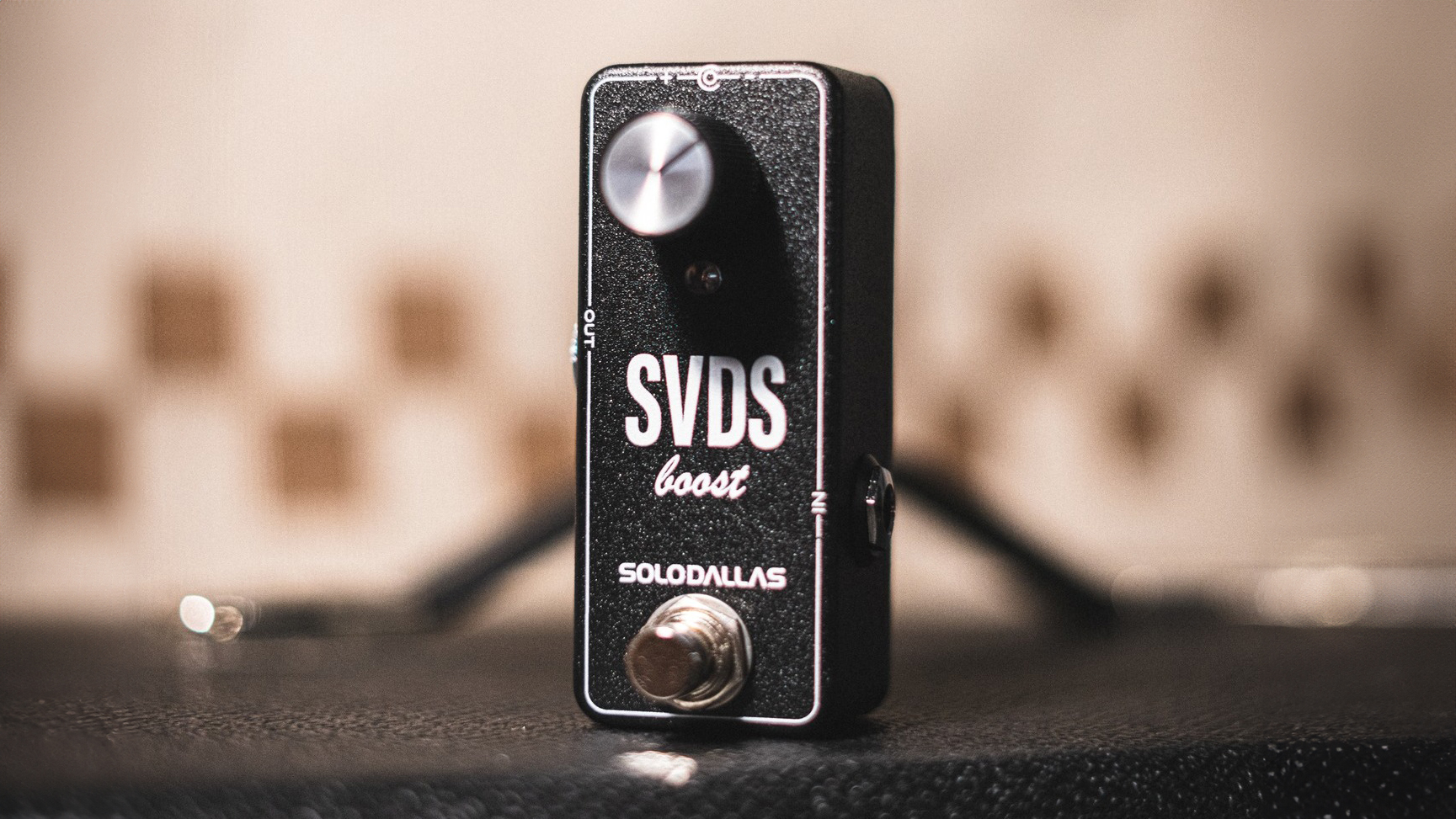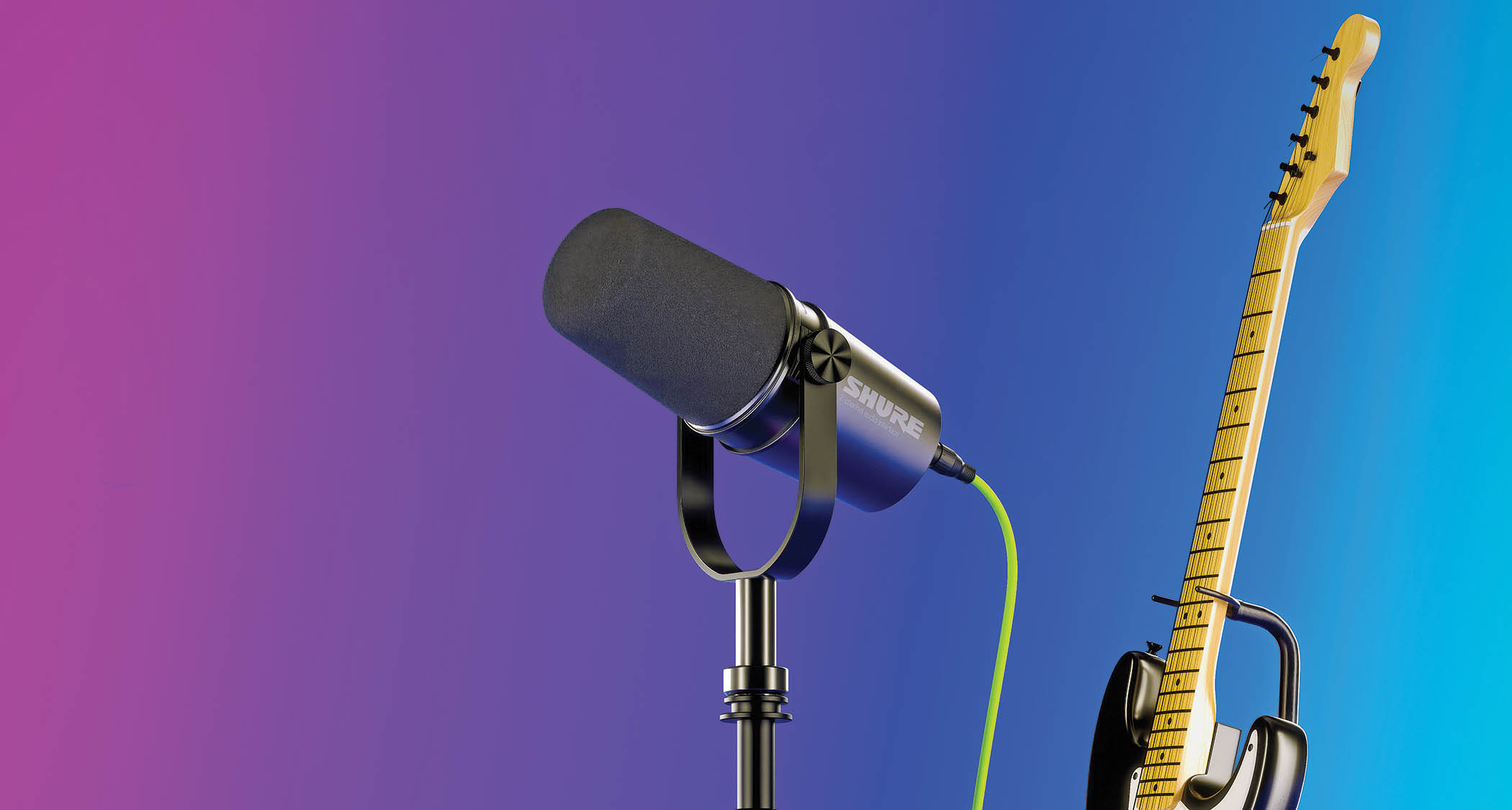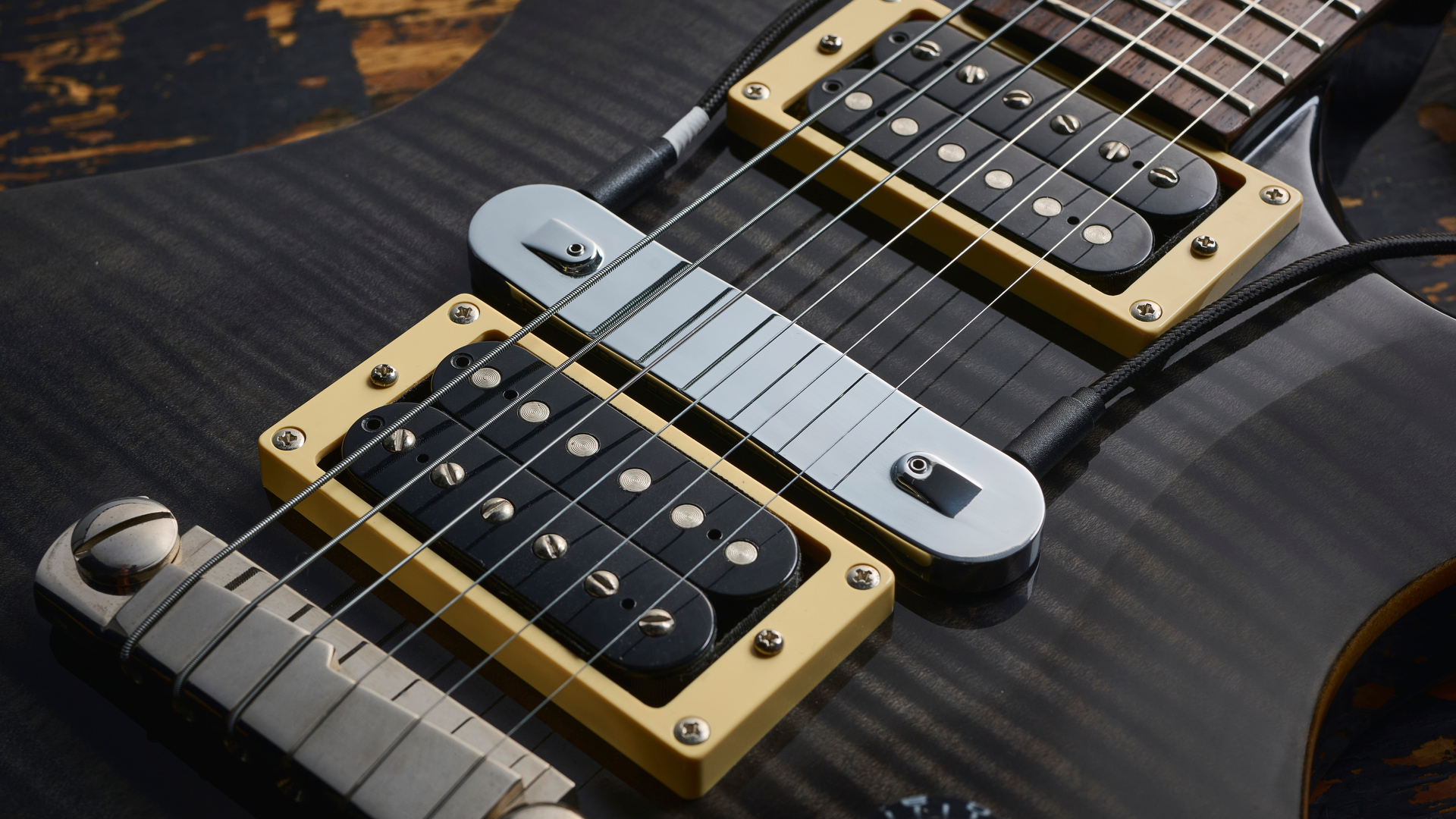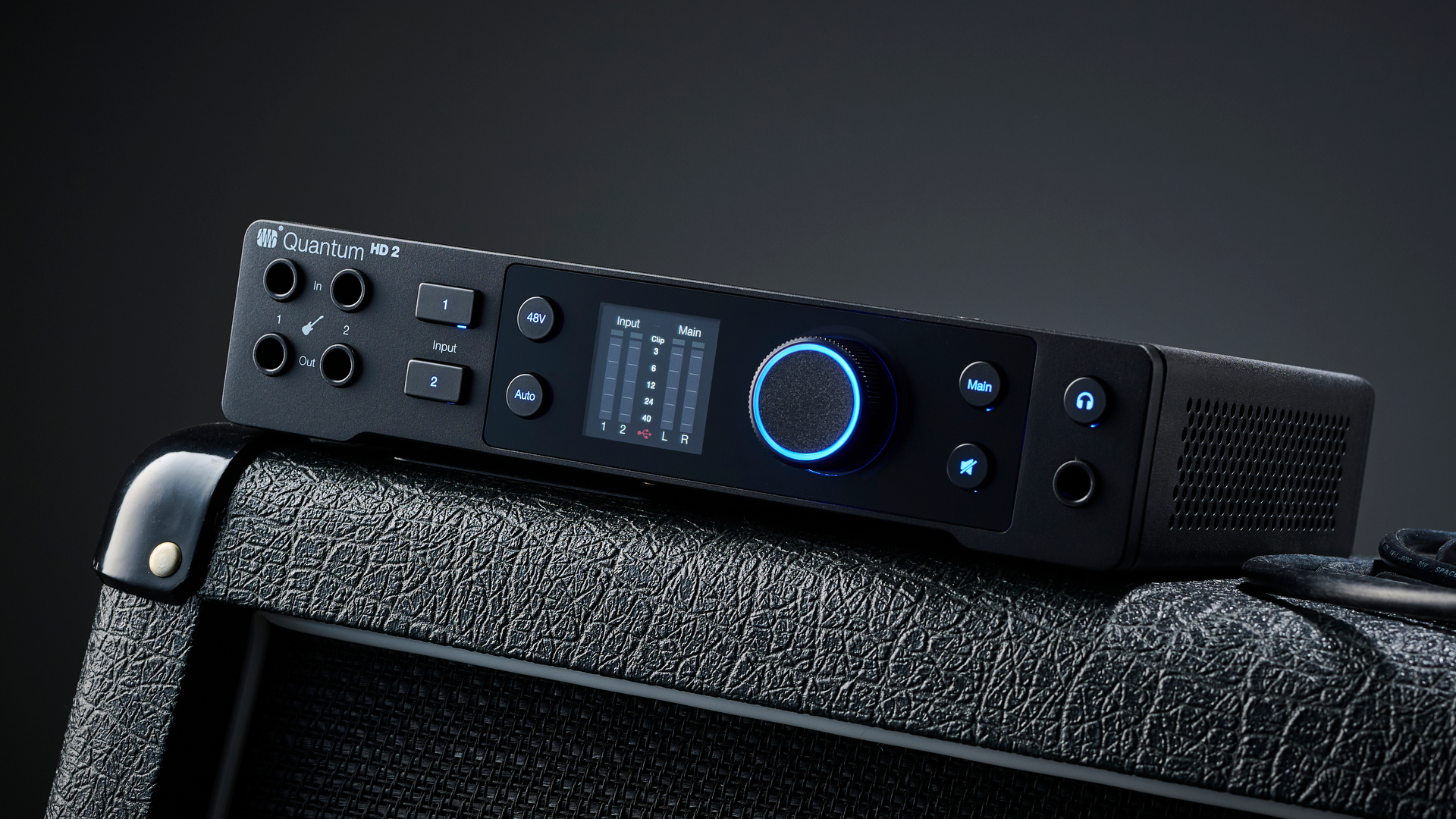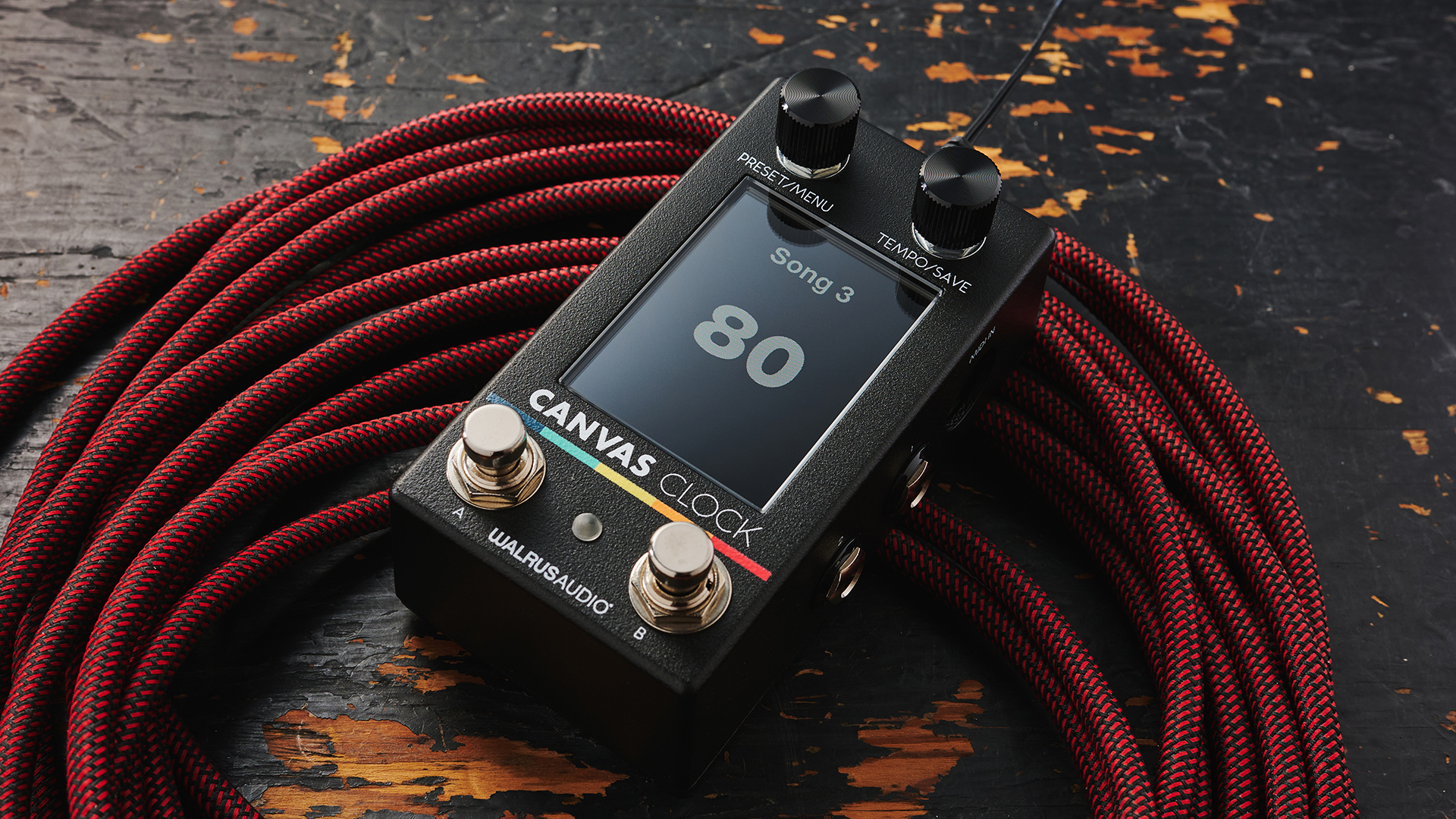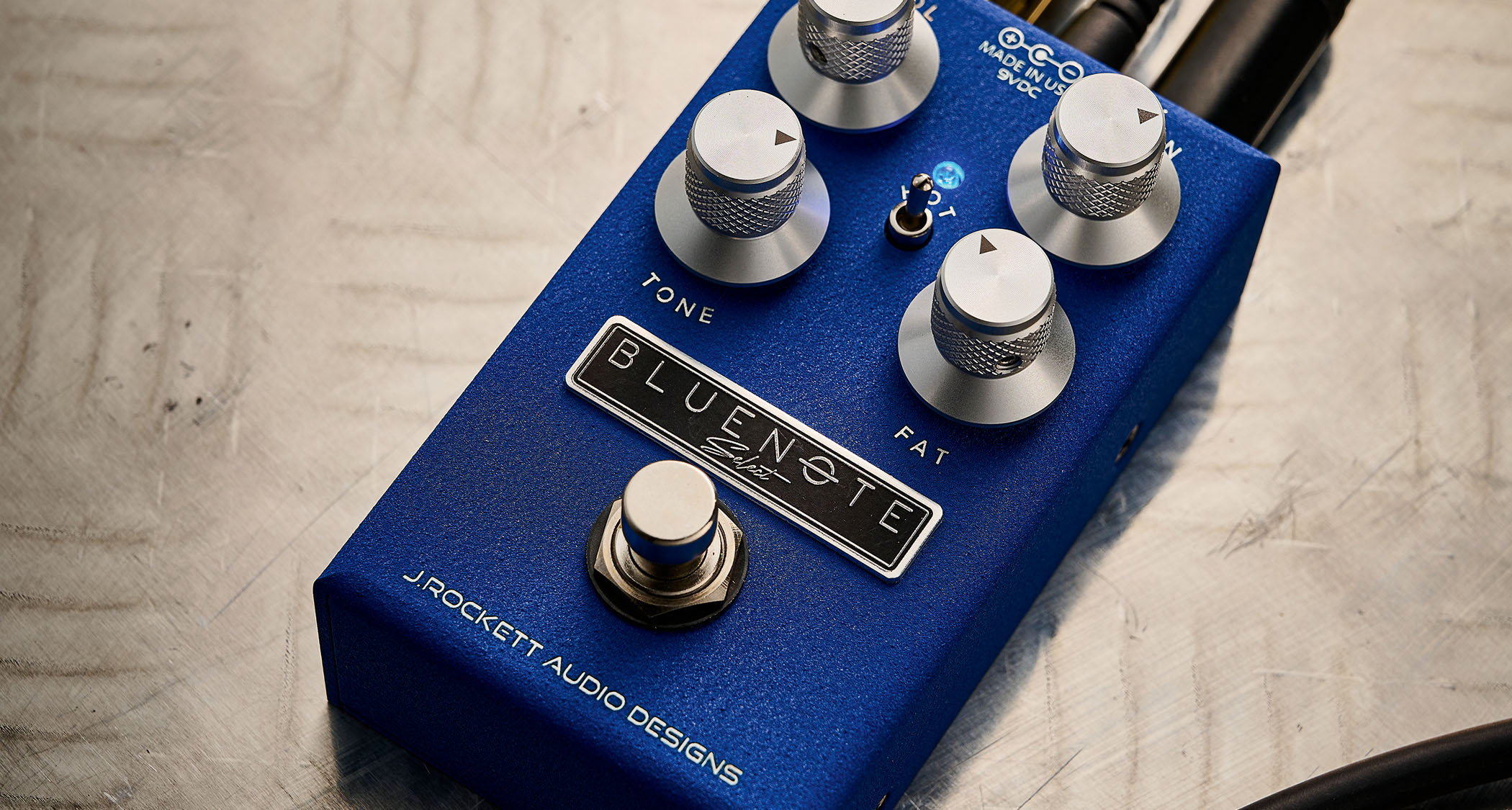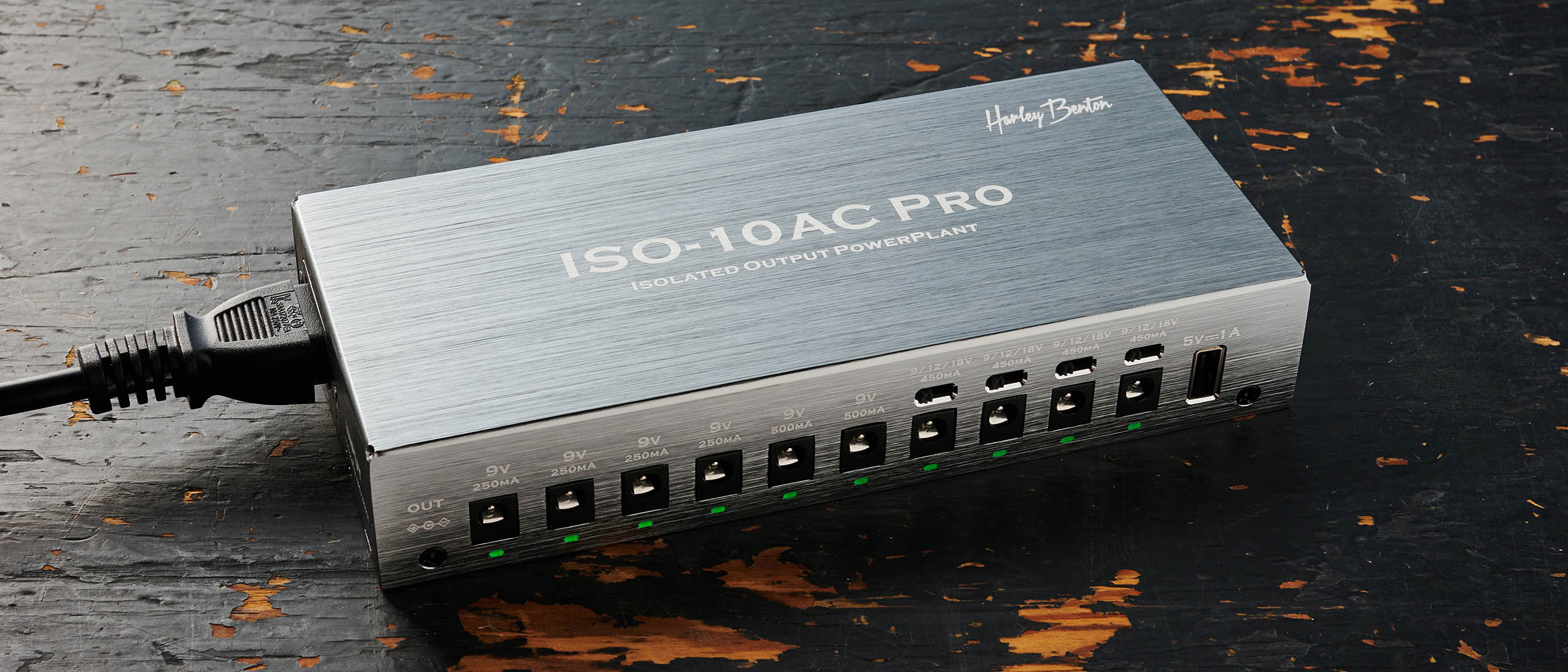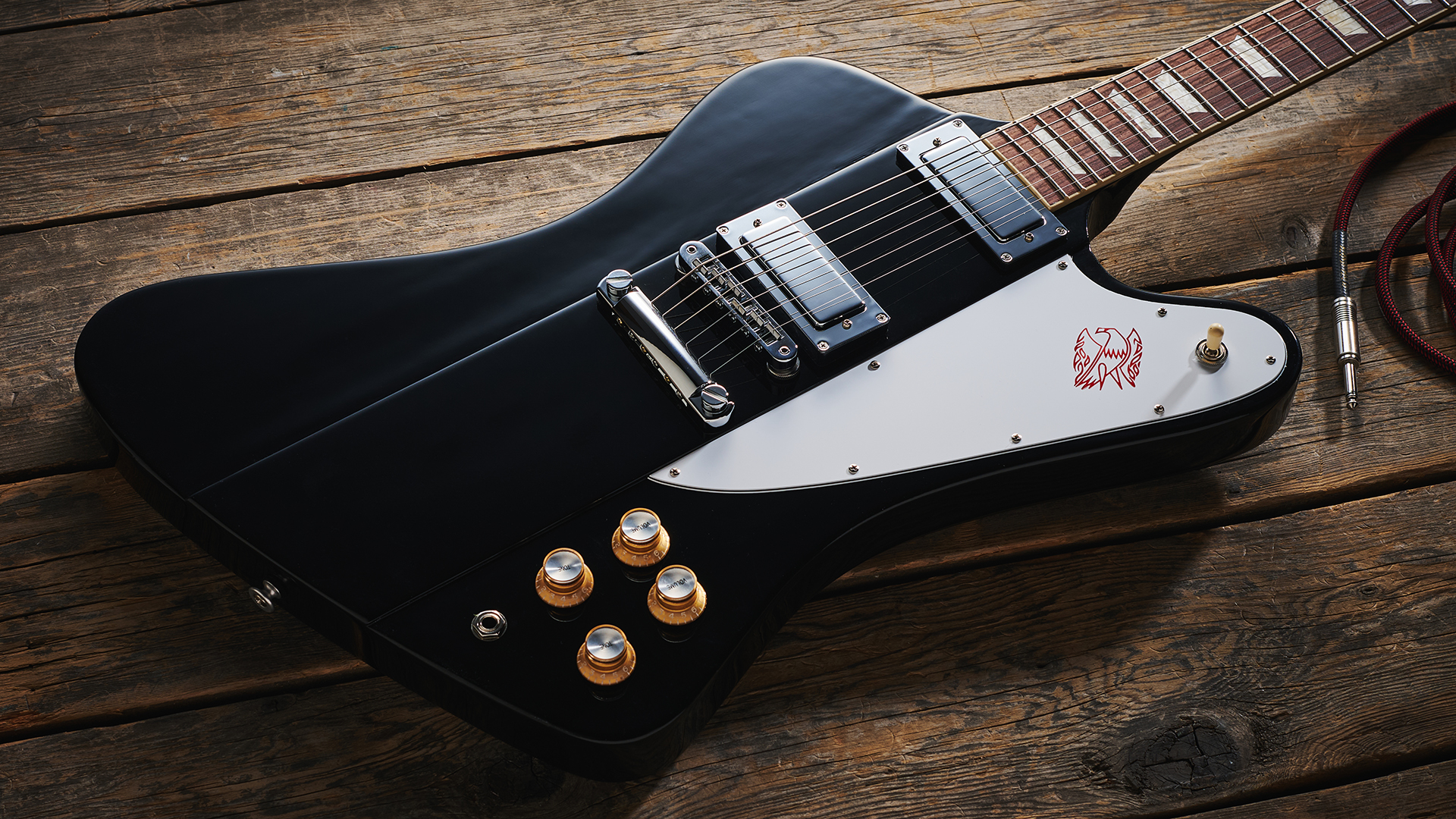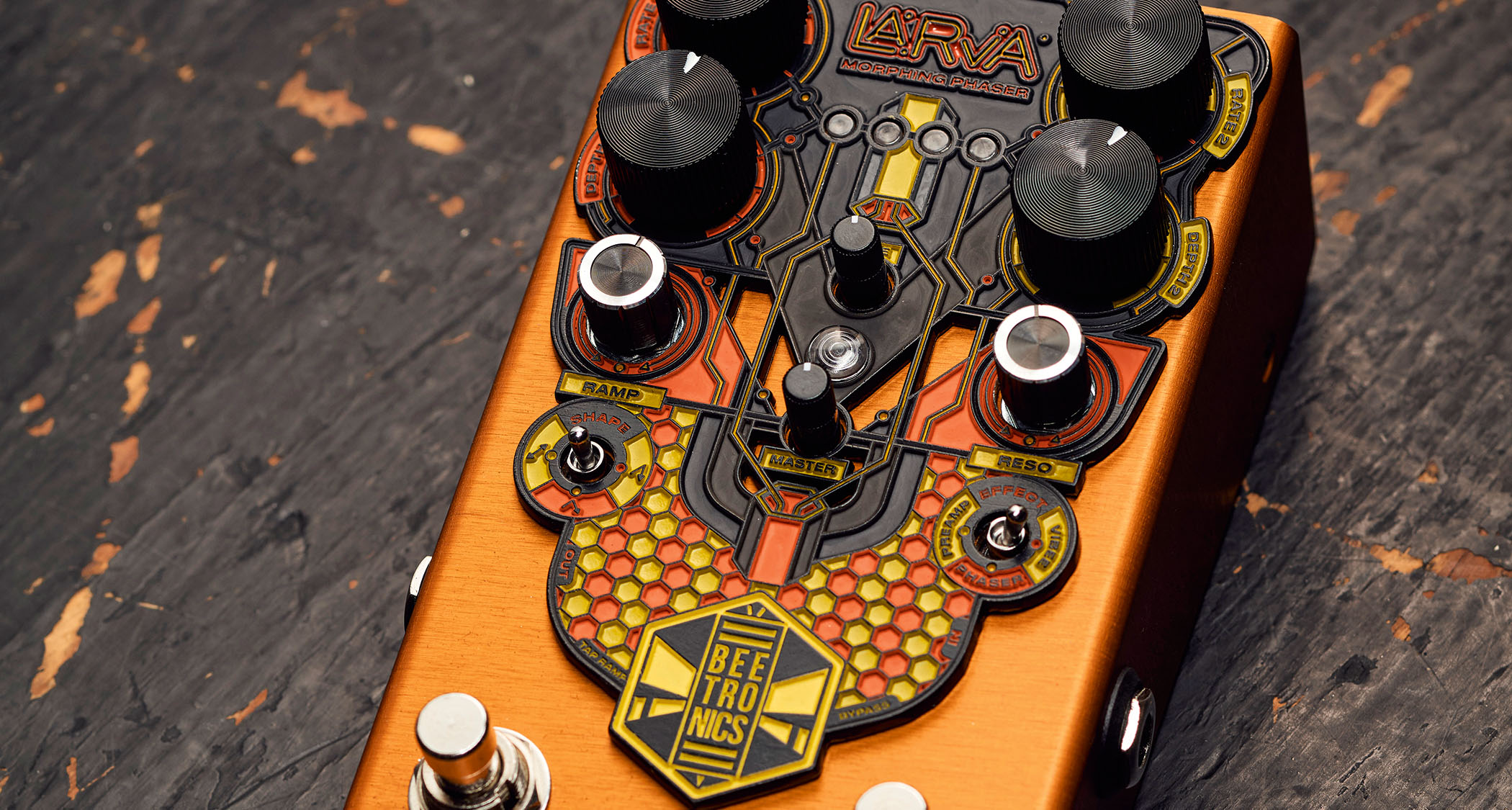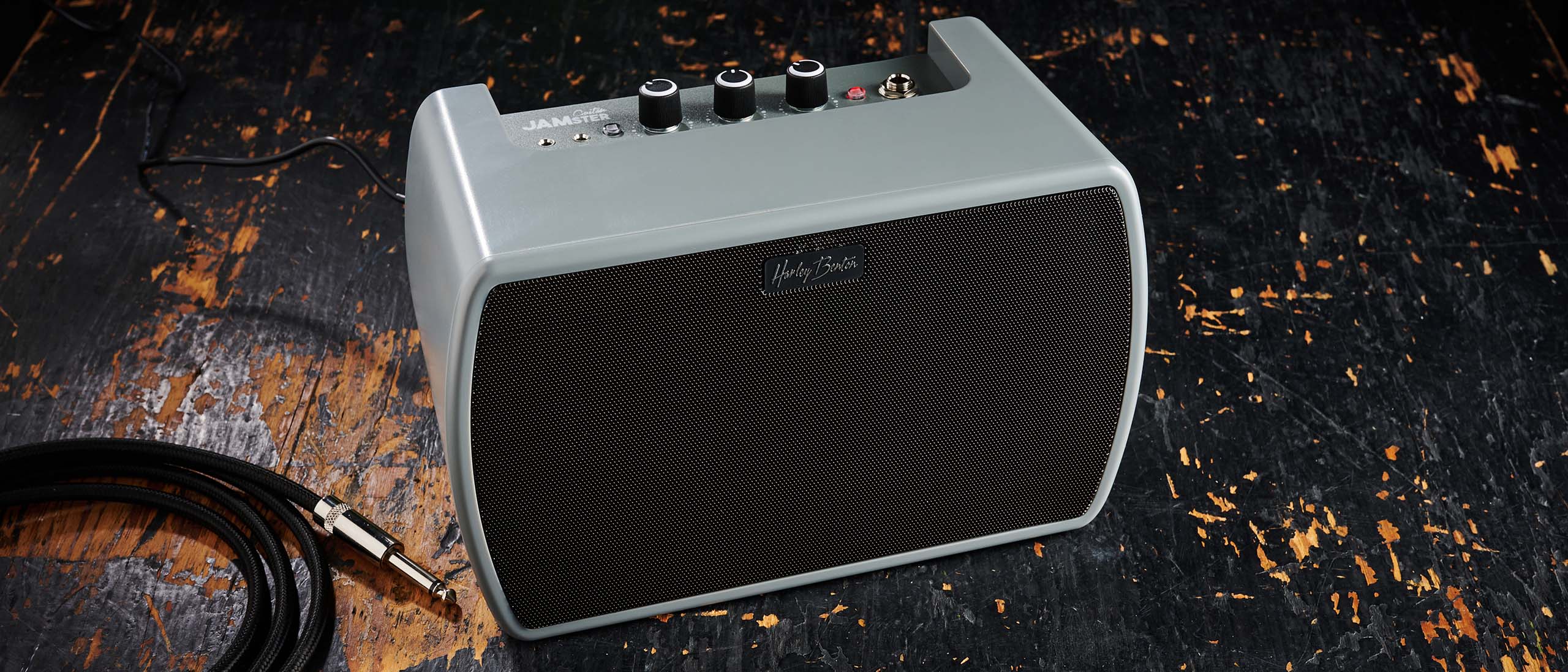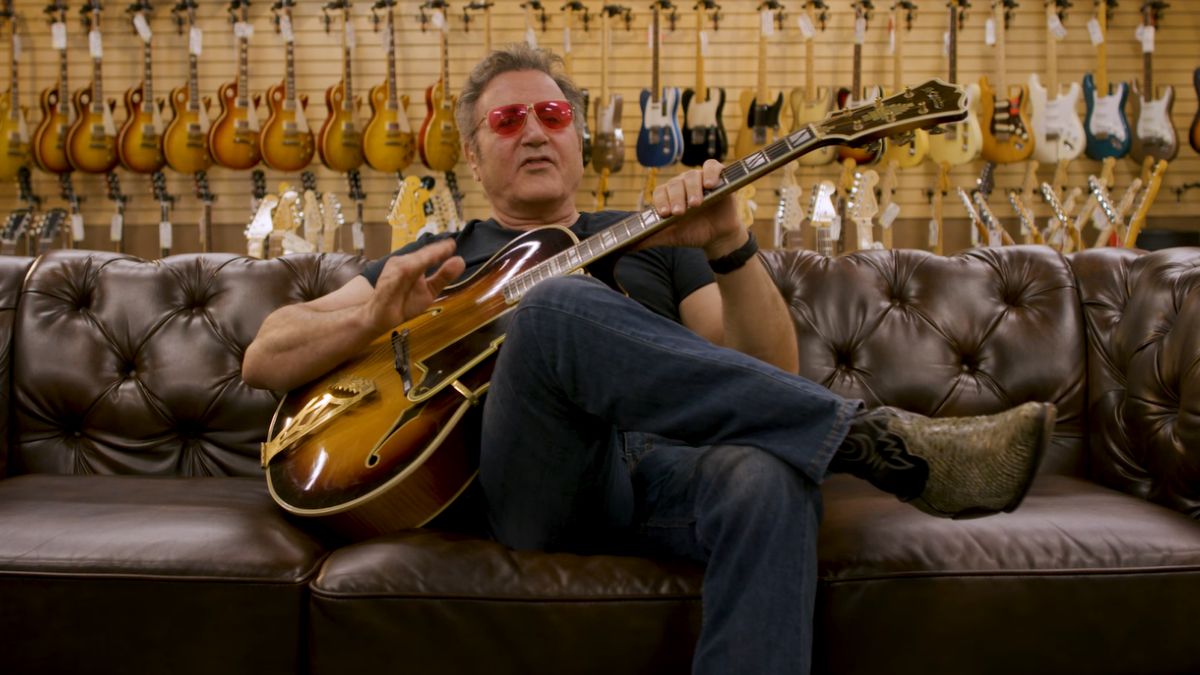Guitar World Verdict
The lightweight Modern Lite’s more straightforward, rawer voice is classic all-mahogany Gibson that could easily do good service as an affordable spare or alternately tuned slide guitar. The Modern Figured adds considerably more sounds with additional clarity and width, and some nice touches such as that contoured heel.
Pros
- +
Good builds.
- +
And good weights.
- +
We like the contoured heel on the Modern Figured.
- +
And it's expansive voicing.
- +
Lite is lightweight.
- +
Cool color options with the Lite and Classic Gibson mahogany tones.
Cons
- -
Lite feels a little unfinished.
- -
Some setup issues, particularly on the Lite.
- -
It's a little expensive, too.
You can trust Guitar World
There’s a sharp dividing line between Gibson USA’s models – Original and Modern – that should mean if you’re more vintage-specific, then you go for the former, and if you like a few more sounds and some contemporary upgrades, not to mention colours, you’d go for the latter. Simple…except there’s plenty of crossover in style, not to mention price.
Along with the recent launch of the $/£4k Les Paul Supreme, with a model name that originally appeared a couple of decades ago, two more new additions to the Modern Collection illustrate the diversity further.
Our new Modern Figured, priced at $/£3k, is basically a slightly pared-back Supreme, but the Modern Lite is half that price and although it’s bundled into the same strand of the catalogue, it is a very different guitar.
Importantly, Gibson tells us, “although the Modern Lite is not billed as a direct replacement for the Tributes, they are taking their place as the entry-level model from USA. The Tributes have been discontinued.”
The Modern Figured is a slightly upgraded Modern Les Paul, and shares plenty with that new Supreme: it’s a pretty posh-looking ’Paul with an upmarket ebony fingerboard, which advertises (but doesn’t specify) a compound radius, sparkling mother-of-pearl inlays, an AAA figured top and a trio of, well, ‘modern’ colours.
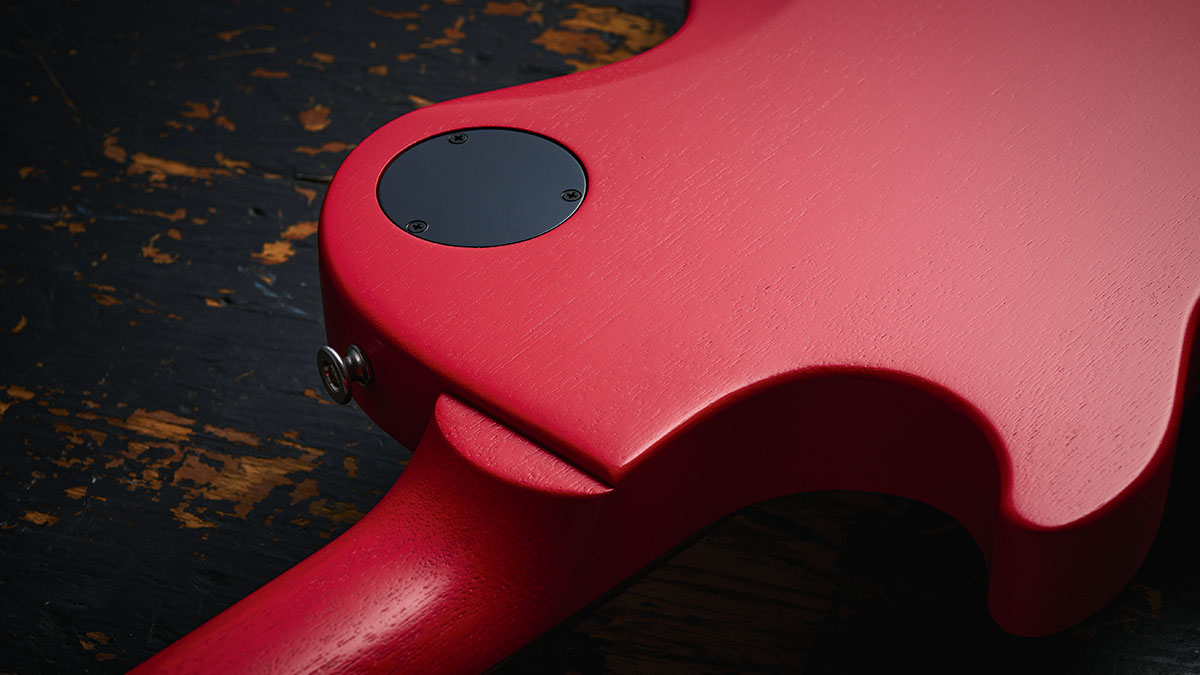
Ours is Cobalt Burst, a strong blue ’bursted over the maple top that’s edged with a bright white binding and a translucent blue over the back, sides and neck back, which looks much darker, almost black. Not surprisingly, we get the ‘Ultra-Modern’ weight relief – sticking this one on the scales, it weighs 3.85kg (8.47lb). A good start.
The centre-joined maple top certainly has a nice thinly flamed figure, even if it appears to be slip-matched, rather than perfectly bookmatched. It’s not easy to see the back wood through the finish, but under bright daylight you can see some strong grain stripping and the fact that it’s centre-joined and pretty much quarter-sawn. Then you notice the contoured heel, or rather the specific area of the body right behind the heel that’s machined away, reducing the bulk under the top frets.
Outwardly, there’s little else that shouts ‘modern’. Yes, rear-lock tuners weren’t around in the late 50s, but they’ve been with us for decades. And even though each control has a pull-switch activated alternate function, again, we’re taking basic stuff: so-called ‘coil-taps’ (which offer “Gibson humbucker and single coil P-90 sounds”, says Gibson), a phase switch and a direct-to-output switch for the bridge humbucker. Extras if you want them, then, but keep the controls pushed down and its business as usual.
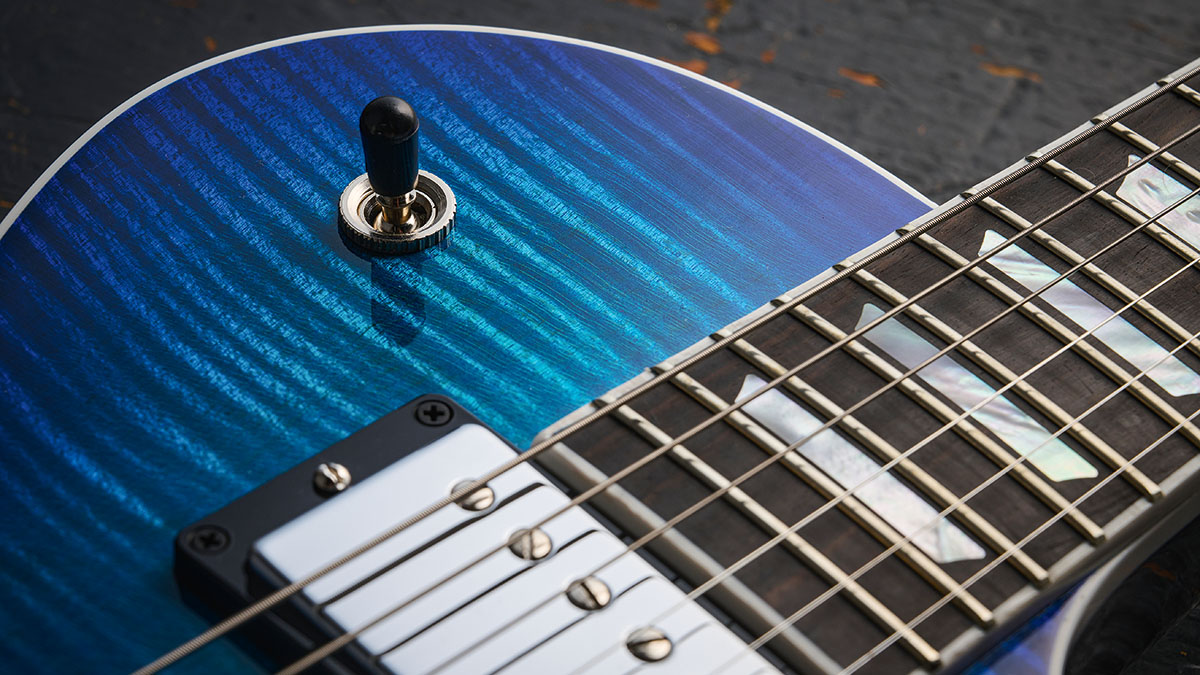
Simple Style
The Modern Lite takes quite a different route and is the latest in quite a long line of ‘cut-price’ Gibsons, not least the outgoing Tribute, which under-cuts the Modern Lite by $/£250, and the long-running ‘economy’ Les Paul, the Studio, which is only $/£100 more expensive. What’s the deal here?
First off, the body – all mahogany with no weight relief – is much thinner than the classic Les Paul, creating a very light weight of 3.03kg (6.67lb). In depth, it measures 45mm at the apex of the carved top and 33mm at the rim, instead of the 62mm/50mm dimensions of the full-fat Modern Figured.
The actual top carve looks a little shallower than the Modern Figured, an impression that’s enhanced by the five opaque satin ‘open pore’ colours.
Gibson refers to these hues as “attention-grabbing”, and while that accurately describes our Cardinal Red review sample, the other four colours are a little pared back, a little more classy.
Unlike the Modern Figured, and many other LPs, these colours cover not just the top but the whole guitar – including the headstock for the first time on a Les Paul model – with the exception of the unbound, dot-inlaid rosewood fingerboard. What’s underneath is anyone’s guess, although the grain you can see looks like it’s a centre-joined two-piece body with a one‑piece neck.
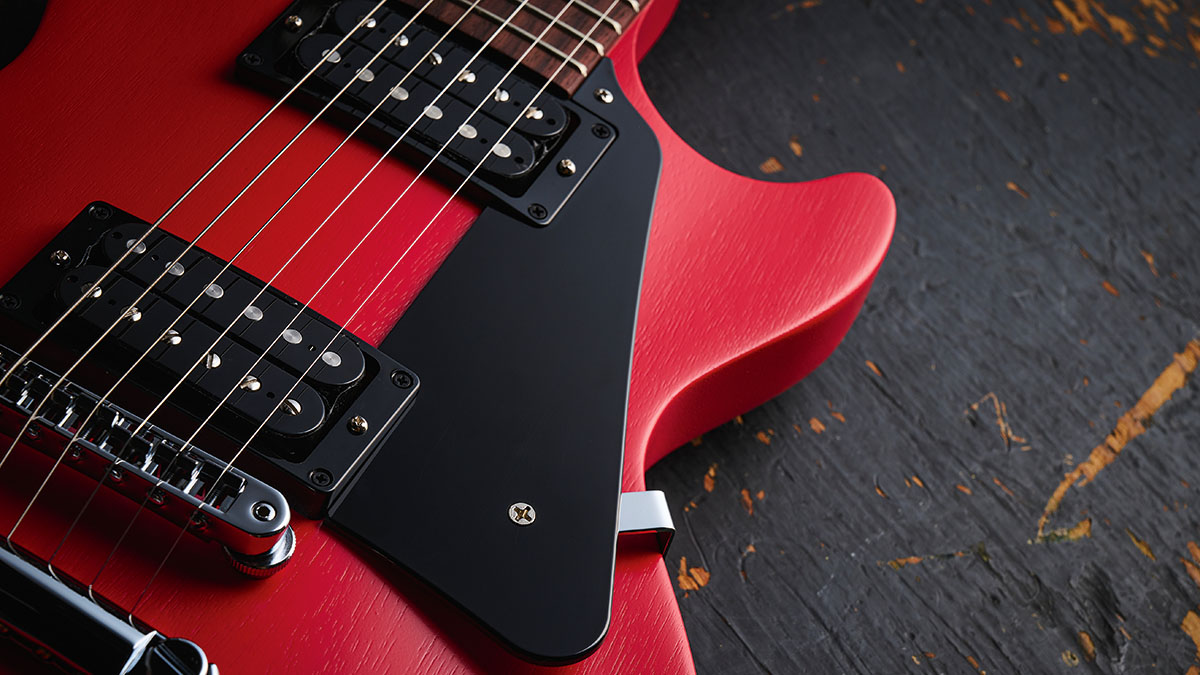
Despite the different colours, all have the same uncovered black humbuckers, a black pickguard, black knobs and black toggle switch tip, which do visually pull the level down a bit.
Clearly, this Lite is an exercise in economy, price-conscious craft, but you can’t help thinking certain colours would look a little cooler with some zebra pickup bobbins, cream and amber parts, or even those classy transparent top-hat knobs we see on the Modern Figured, for example.
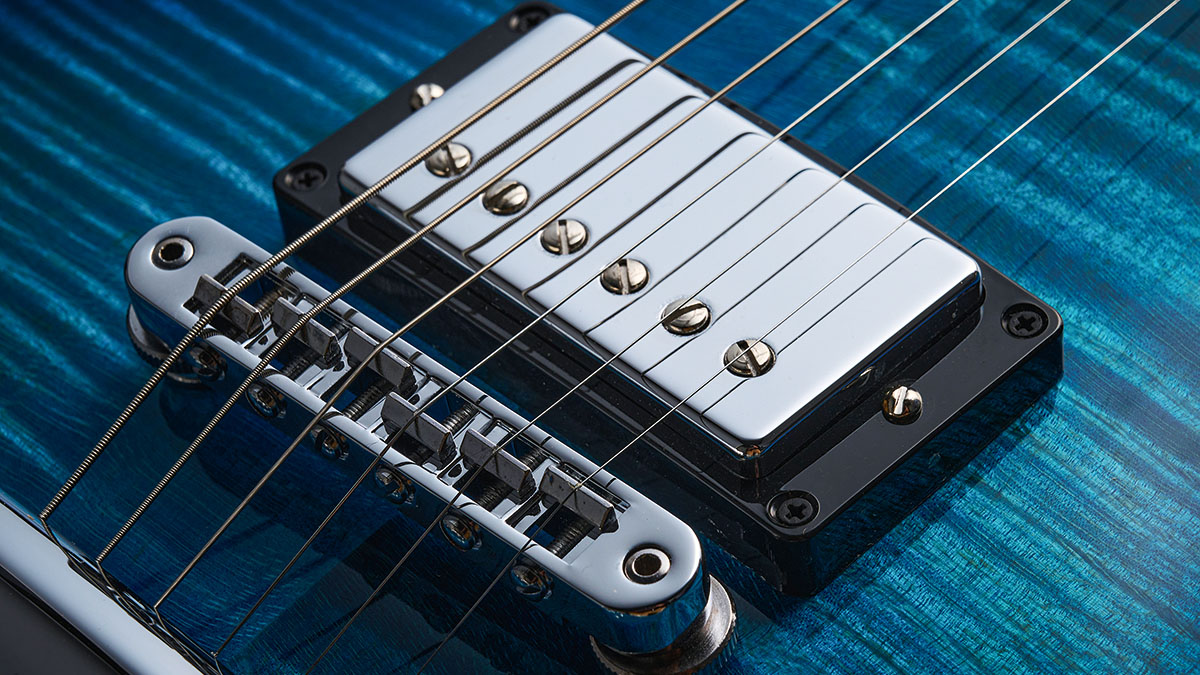
Nevertheless, there’s some commonality, too. Obviously, the scale length and the medium jumbo fretwire, which is pretty much standard for the USA models, and we get the same Nashville-style tune-o-matic with a lightweight aluminium stop tailpiece on both, as well as the ‘wider than vintage-style’ aluminium strap buttons.
Feel & Sounds
If we were told these two Les Pauls were made in completely different factories, we’d believe it. Each has a very distinct feel. There’s the substantially different weights for one thing, then the seated balance, the ribcage cut on the Lite, not to mention its only slightly radiused edges.
SG fans will feel at home with the Lite: it’s a little brasher and more raw-sounding, too.
Even the necks, while similar, have a contrasting feel thanks to their disparate finishes: the Modern Figured is highly glossed and very smooth, but the Modern Lite’s more textured feel isn’t bad.
The SlimTaper profiles present a relatively thin-depthed shallow C with big-ish shoulders and are virtually identical. Measured with our callipers we get: 20.7mm at the 1st fret and 23.2mm at the 12th on our Figured; and 20.9mm/23.6mm on the Lite.
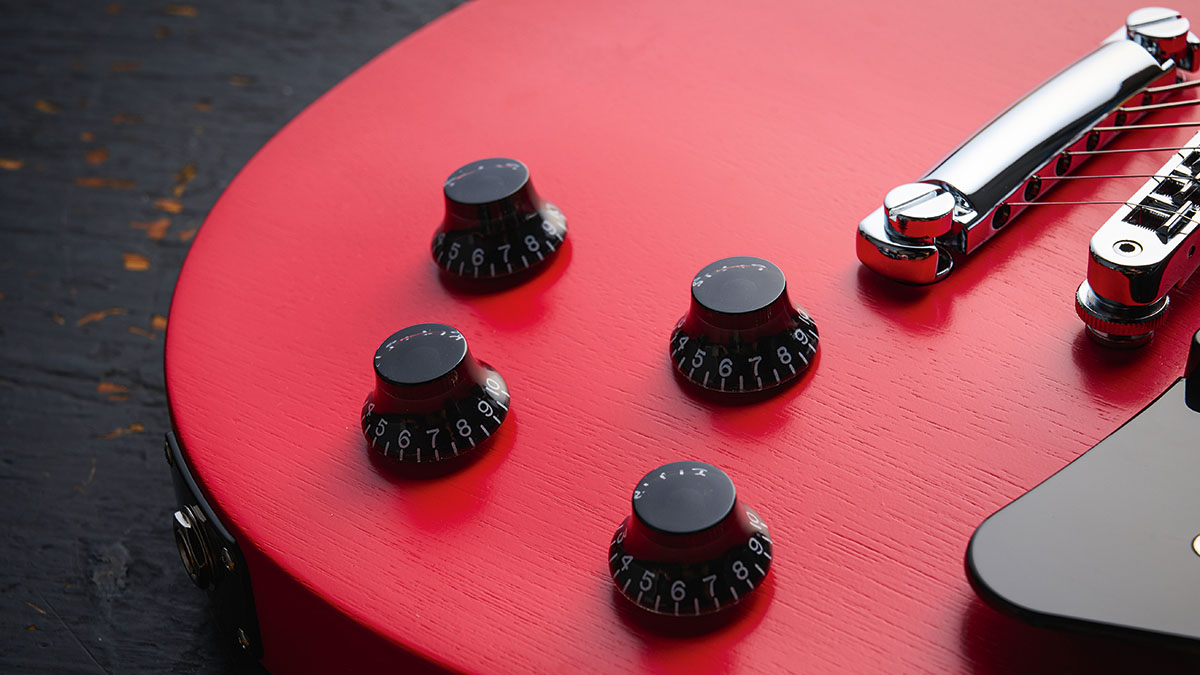
As to that compound radius of the Figured, we measured that at approximately 241mm (9.5 inches) in front of the nut and 305mm (12 inches) at the fingerboard end; the Lite sticks to the standard 305mm (12‑inch) radius.
Fretwork is pretty good on both – the Figured frets actually sit over the edge binding without the more usual nibs (another Modern-ism) and appear more polished than the slightly grittier feel of the Lite’s frets.
Setup wise, there’s not a lot in it. Both necks were arrow straight with slightly different string heights on arrival, so we introduced some very slight relief and standardised the string heights at 1.5mm (0.06 inches) on the treble side, 1.8mm (0.07 inches) on the bass.
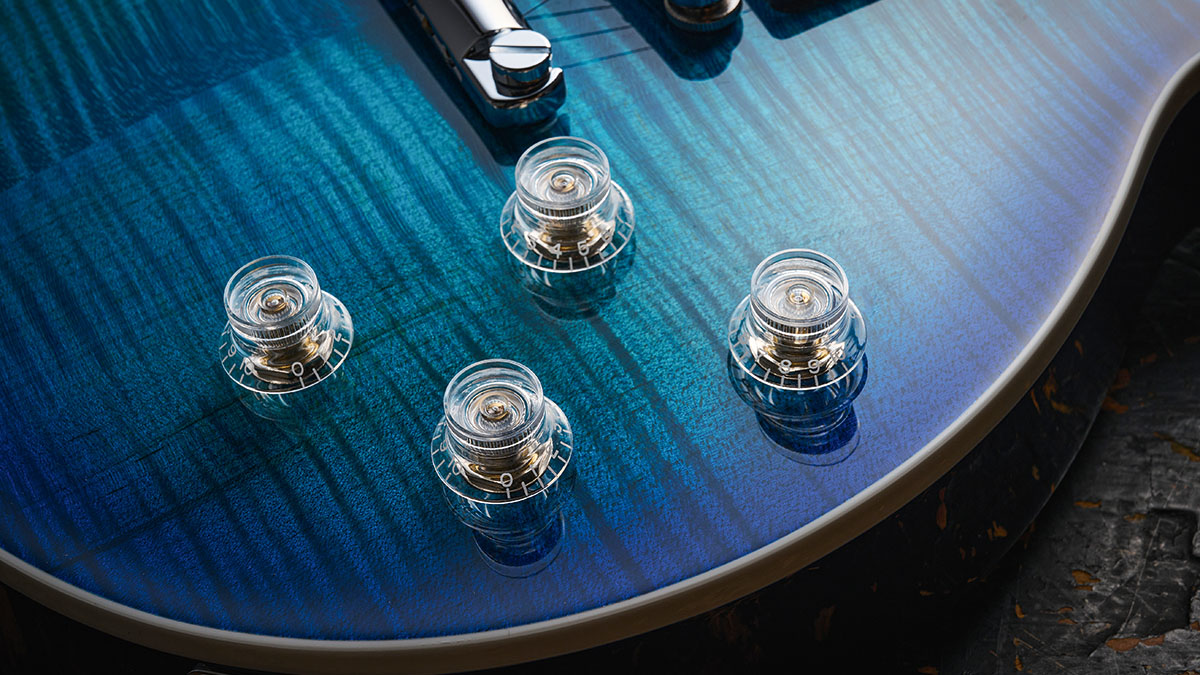
To be picky, the nut slots on the Figured are slightly high, too, less so on the Lite, and the Lite has a slightly steeper neck angle that means the bridge sits about 1.2mm higher. We can live with that.
These subtleties in feel and finish are noticeable – and they’re magnified by the slightly square fingerboard edges of the Lite, which also has lower height frets, meaning you can feel the more textured grain of the rosewood over the smoother ebony of the Figured. The effect of the compound radius fingerboard? Well, with those over-high nut slots, it’s hard to comment on. ‘Subtle’ would be our take.
Unplugged, the differences are easier to evaluate. The Figured has that typical strong, punchy and quite wide-sounding ring, whereas the Lite is – you guessed it – a little lighter and less wide-sounding. Gibson SG fans will feel at home with the Lite: it’s a little brasher and more raw-sounding, too.
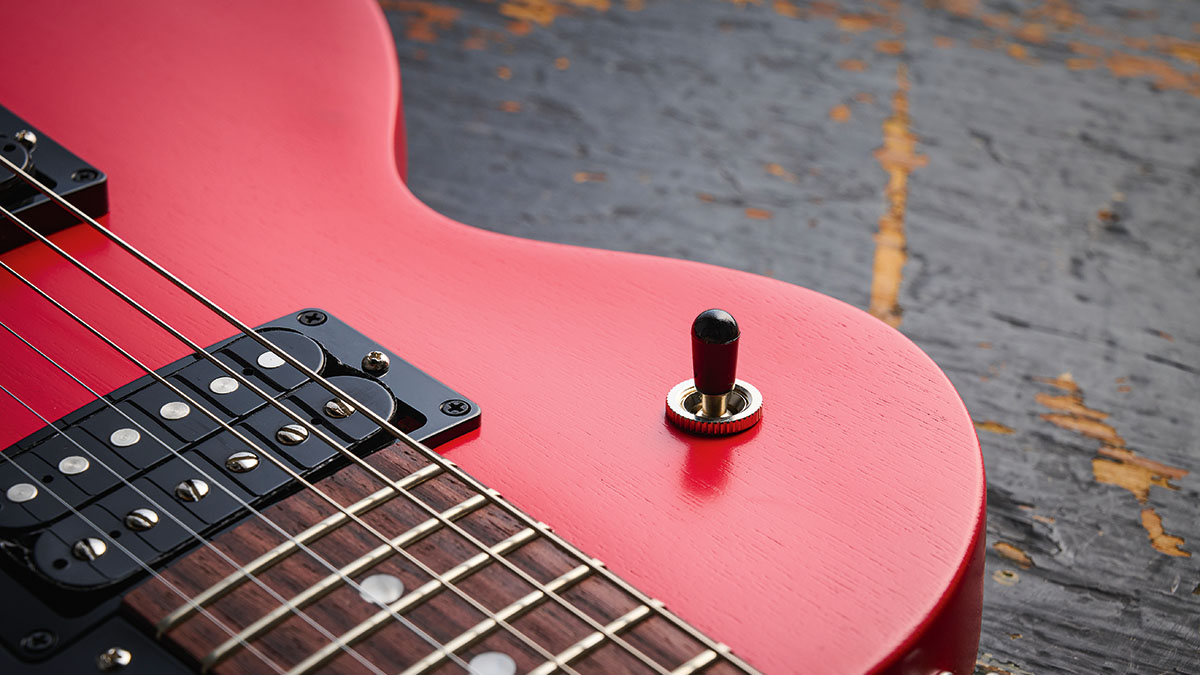
Again, with different pickups you’re in for a rather different experience plugged in. The Lite has a pretty classic mid-focused punch that would sit well in 70s Who and classic-era Clash.
The Figured is a Les Paul model with considerable clout, depth and clarity, but it sounds more refined than our LP Classic
There’s not the high-end detail we hear on the Figured, nor the depth, and despite the high DCR measurement, the bridge pickup kicks and has thickness, but it’s not overdone. It might be very light on your shoulder and yet, as we said, its SG-like classic rock and beyond credentials shine through.
The Figured is a Les Paul model with considerable clout, depth and clarity, but it sounds more refined. We compared it to our reference 2019 Les Paul Classic (with retrofitted Burstbucker 2 at the bridge and 1 at the neck) with the same pull‑switch circuit, and if anything the Figured sounds just a little smoother, with a slightly more open midrange. The pickups are supposed to be potted here, but while the bridge probably is, the neck pickup doesn’t sound it to our ears.
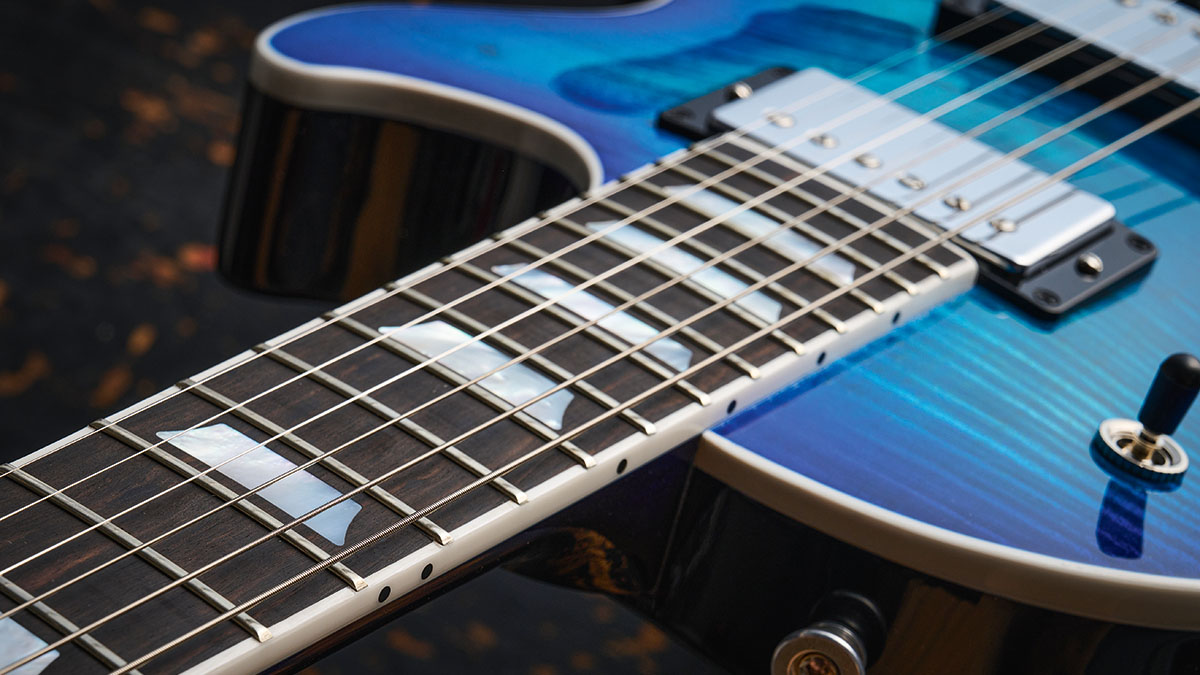
We have an unfair advantage here in that the Les Paul Classic gets a lot of use, so we’re used to the ‘coil-taps’, which pull down the highs a little, almost like you’ve slightly pulled back on a wah pedal with barely any volume drop. And they’re not single coil: they’re humbucking in both modes.
They certainly don’t sound like standard coil‑splits, but we think they have a very usable character, especially in the dual-pickup mix and when you bring the phase switch into use. It does a ‘Greeny’ nicely – just pull back one of the volumes a little. But pull up the bridge tone switch and we get the full output of the bridge pickup, instantly giving a little extra sizzle. More sounds? They’re definitely there if you want them.
If you play in a pretty rocking ‘one-two-three-four, see you at the other end’ kinda band, the Lite would be our choice. And while the Figured doesn’t quite have that specific raw punch, it does have a lot more and, like any good Les Paul, it covers considerable ground with added textures that you won’t get on your vintage-style LP.
Verdict
Along with the price, there’s an ocean of difference between these guitars. They share the Modern name and some parts – and both have ‘Gibson’ on the headstock! – but that’s about it. Unfortunately, both also share a few lapses in the finer details, and although those would be swiftly sorted in-store, you are left with the feeling that both have been slightly rushed off the production line.
Along with the price, there’s an ocean of difference between these guitars
The ‘but’ is that both sound rather good, with stable tuning. The lightweight Modern Lite’s more straightforward, rawer voice is classic all-mahogany Gibson that could easily do good service as an affordable spare or alternately tuned slide guitar.
The Modern Figured adds considerably more sounds with additional clarity and width, and some nice touches such as that contoured heel. It’s probably fair to say we’ll see more changes to the evolving Modern Collection in 2024, but both new additions have purpose and validity, providing even more choice for the Gibson fanbase.
Specs
Gibson Les Paul Modern Figured
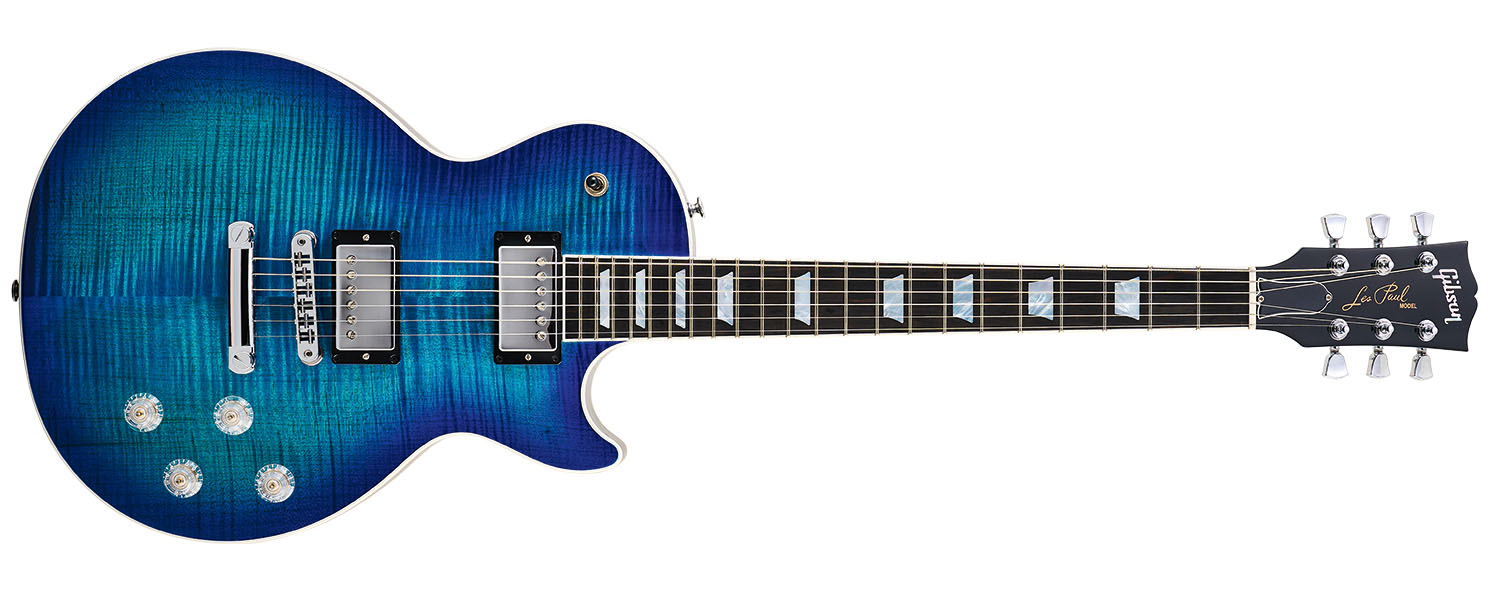
- PRICE: $/£2,999 (inc hard case)
- ORIGIN: USA
- TYPE: Single-cutaway, solidbody electric
- BODY: 2-piece mahogany with carved AAA figured maple top
- NECK: 1-piece mahogany, SlimTaper profile with contoured heel, glued-in
- SCALE LENGTH: 624mm (24.6”)
- NUT/WIDTH: Graph Tech/43.1mm
- FINGERBOARD: Single-bound ebony, mother-of-pearl trapezoid inlays, measured 241-305mm (9.5‑12”) compound radius
- FRETS: 22, medium jumbo
- HARDWARE: Nashville tune-o-matic bridge, aluminium stopbar tailpiece, Grover Rotomatic rear-locking tuners w/ keystone buttons – chrome-plated
- STRING SPACING, BRIDGE: 51.5mm
- ELECTRICS: Covered Gibson Burstbucker Pro (neck) and Pro + (bridge), 3-way toggle pickup selector switch, volume and tone for each pickup each with pull-switches for coil-tap, phase and bypass
- WEIGHT (kg/lb): 3.85/8.47
- OPTIONS: None
- RANGE OPTIONS: LP Modern with 3 solid top colours ($2,999/£2,799); LP Classic ($2,199/£2,399) uses the same pull-switch wiring but with uncovered 60s Burstbuckers. More opulent LP Supreme ($/£3,999) shares many features with the Modern Figured, including pickups and circuit
- LEFT-HANDERS: Not this model
Gibson Les Paul Modern Lite
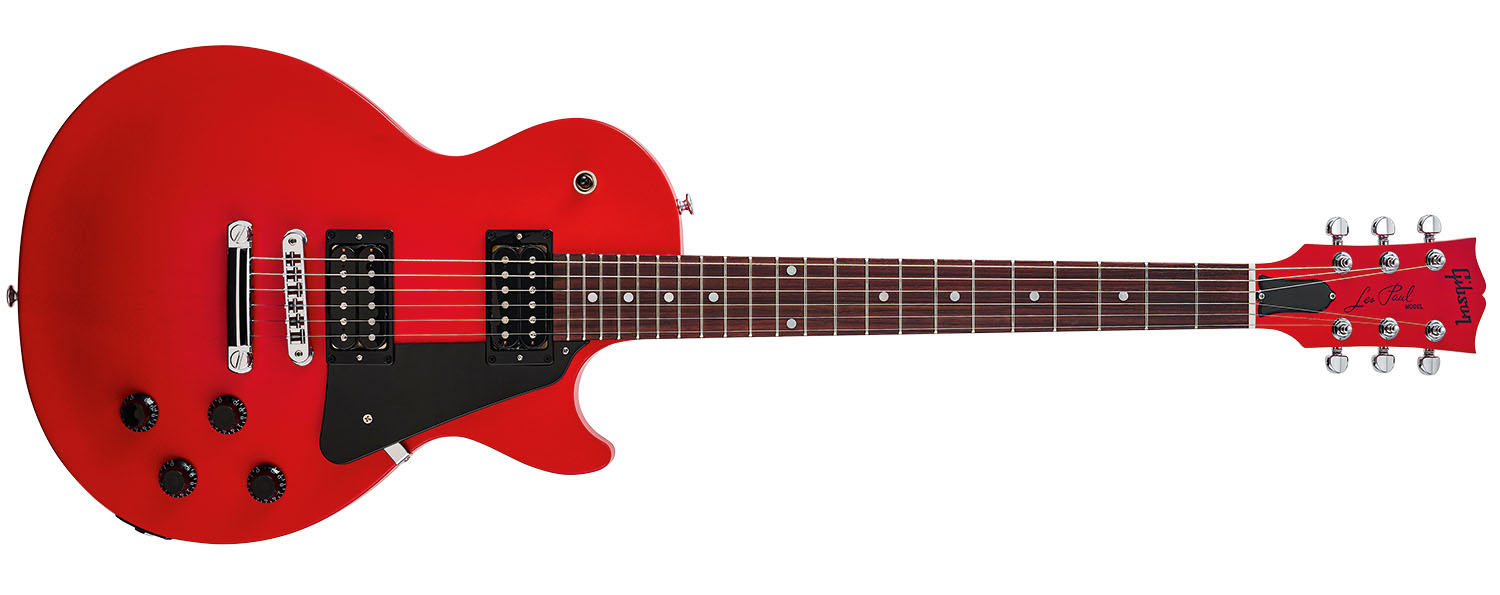
- PRICE: $£1,499 (inc soft shell case)
- ORIGIN: USA
- TYPE: Single-cutaway, solidbody electric
- BODY: Mahogany with carved top
- NECK: Mahogany, SlimTaper profile, glued-in
- SCALE LENGTH: 624mm (24.6”)
- NUT/WIDTH: Graph Tech/43.2mm
- FINGERBOARD: Indian rosewood, acrylic dot inlays, 305mm (12”) radius
- FRETS: 22, medium jumbo
- HARDWARE: Nashville tune-o-matic bridge, aluminium stopbar tailpiece, Grover Mini Rotomatic tuners w/ kidney buttons – chrome-plated
- STRING SPACING, BRIDGE: 51.5mm
- ELECTRICS: Uncovered Gibson 490R (neck) and 498T (bridge) humbuckers, 3-way toggle pickup selector switch, volume and tone for each pickup
- WEIGHT (kg/lb): 3.03/6.67
- OPTIONS: None
- RANGE OPTIONS: Other cost effective ‘Moderns’ include the unbound LP Studio ($1,699/£1,599); LP Tribute ($1,299/£1,249) has a thinner depth body with maple neck and covered 490T/490R humbuckers; slab-bodied LP Special Tribute with wrapover bridge (and humbuckers or P-90s) ($999/£1,029)
- LEFT-HANDERS: Not this model
- FINISHES: Cardinal Red (as reviewed), TV Wheat, Gold Mist, Inverness Green, Rose Gold– satin nitrocellulose with colour-matched headstocks
- CONTACT: Gibson

Dave Burrluck is one of the world’s most experienced guitar journalists, who started writing back in the '80s for International Musician and Recording World, co-founded The Guitar Magazine and has been the Gear Reviews Editor of Guitarist magazine for the past two decades. Along the way, Dave has been the sole author of The PRS Guitar Book and The Player's Guide to Guitar Maintenance as well as contributing to numerous other books on the electric guitar. Dave is an active gigging and recording musician and still finds time to make, repair and mod guitars, not least for Guitarist’s The Mod Squad.
“I asked Marcus to sing on it. As amazing as he is on bass, I think he’s underrated as a vocalist”: Having earned lofty status in bass-hero circles, Marcus Miller lent his vocal chops to Hadrien Feraud’s solo album
“My brother's trying to knock Norm down in price. He's worth $800 million. He goes, ‘I'll give you a bottle of whiskey on top’”: Frank Stallone on the prized vintage Epiphone that Sylvester bought him – and the guitar's mysterious origins
"They said, 'We don't have a direction yet, but you got the gig!' I said, 'Well, let me think about it'": Yngwie Malmsteen on why he turned down UFO
